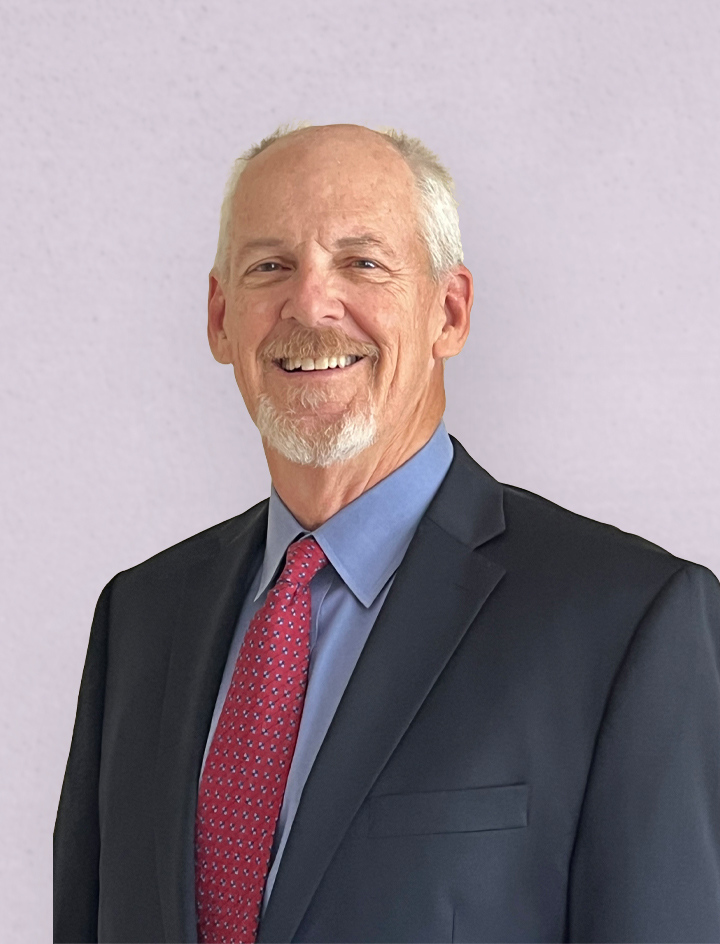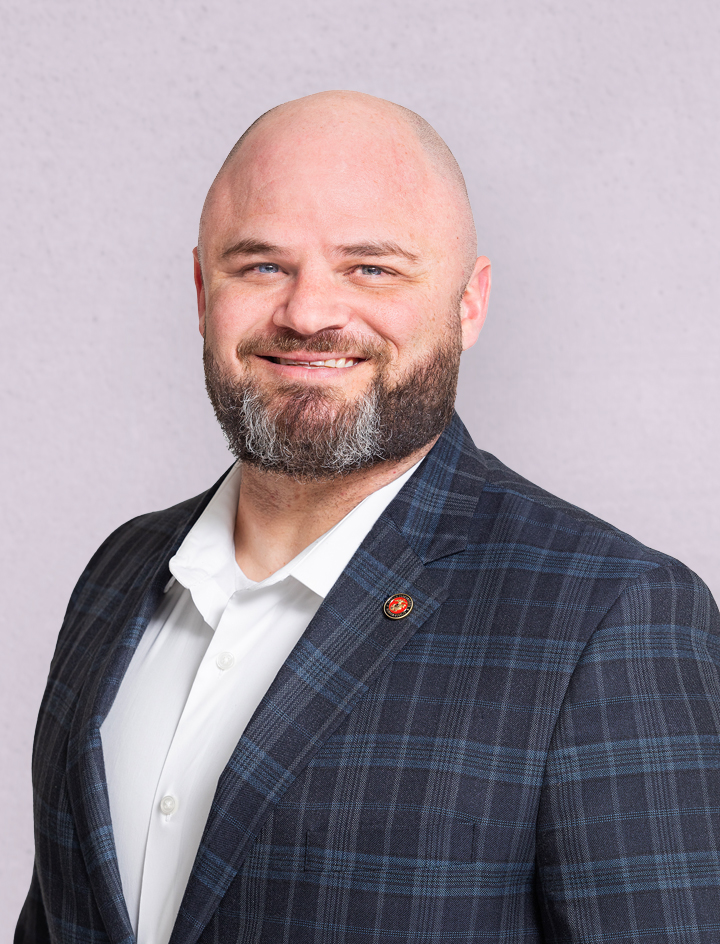Hear What Experts Say About the New Retirement Income Literacy Study
Academics from across The College summarize their key takeaways and “aha” moments from new research, including the role of financial advisors.
Hear What Experts Say About The New Retirement Income Literacy Study
Subscribe to Newsletter
Related Posts
Molding the Next Generation of Financial Services
View DetailsMaking the Transition to Financial Services
View DetailsFebruary 29, 2024
While many institutions have studied financial literacy to assess how well Americans understand saving and investing during their working years, The American College of Financial Services offers the largest-scale body of research into how well Americans understand key knowledge areas related to retirement income planning later in life. Researchers share their perspectives on why financial literacy matters, how it correlates to anxiety and confidence, and what financial advisors can do to make a difference.

The American College of Financial Services released the findings of the fourth wave of the Retirement Income Literacy Study at a New York City premiere event attended by invited guests from the media and institutional partners of The College on February 13, 2024.
Based on a 38-question financial literacy quiz, the research aims to assess older Americans’ level of knowledge on topics they need to understand for effective retirement planning. The questions cover various aspects of retirement planning, such as the ideal age for filing for Social Security and the impact of interest rates on bond prices. The results reveal that in the decade since the first wave of research began in 2014, the needle has not moved. On average, respondents only answered 31% of the questions correctly, indicating a lack of financial literacy on topics related to retirement income.
At the premiere event, top academics from The College shared their initial insights and “aha” moments sparked by the new research. Here's a look at highlights from the panel discussion led by Steve Parrish JD, RICP®, CLU®, CHFC®, AEP®, featuring researchers Michael Finke, PhD, CFP®, Kaylee Ranck, PhD, Chet R. Bennetts, CFP®, CHFC®, CLU®, RICP®, CLF®, and Eric Ludwig, PhD, CFP®—in their own words:

Parrish: Call it financial literacy, you could call it knowledge, you can call it understanding—but whatever it is, we know that these are important pieces of information [individuals must know] in order to make smart decisions about their own retirement…It's very important because it affects millions of people and affects their well-being. Think about things like the fact that so few of us have defined benefit contracts anymore, right? It's defined contributions and IRAs, and that means that in accumulating you have to figure out how to do it yourself. In distribution and decumulating, you have to figure out how to do it. You don't have your employer doing it. Key decisions like Medicare and Social Security, those are decisions that have to be made fairly early in retirement, but they stick for the rest of your life.

Finke: Target-date funds have been a success in the accumulation stage, but it's actually divorced people from having to make decisions about their own retirement. And what ends up happening is that when people start to see the end zone approaching, once they hit their fifties, they start realizing that they have no idea how much money they've saved, how they've invested, what their options are for generating income in retirement, and they have no idea what sort of risks they're exposed to…There is a general social phenomenon, especially for these generations like the younger Baby Boomer generation and Gen Xers who are approaching retirement, who have been in this sort of soft bubble-wrapped environment of accumulation. Now what do we do with them once they start decumulating? It's no wonder that they're experiencing anxiety.

Ranck: What we find through a lot of the research is that individuals [score better] when they have to experience something. For example, when they get closer to being Medicare-eligible in age, their knowledge score around Medicare increases because it's an experience that they have and the knowledge that they need in order to get through that particular transition. We see that with several of the scores.

Bennetts: I specifically looked at some of the retirement concerns [and] the two that had the highest average across the board were Social Security cuts and inflation. Those were two of the bigger ones. And that's something I think we can all agree that even the best financial advisor, best financial planner in the world is not going to be able to wave a magic wand and help someone with. Rightfully so, maybe that's a higher level of concern from the consumer with or without an advisor. However, when you added an advisor, there was an impact and those concerns did decrease. And in part, I'm sure, because of the preparation and the conversations [between financial advisors and clients about] “How do we handle…?” or “How do we anticipate those things?” from the psychosocial and behavioral side of it. [What] I thought was cool was the fact that when we have professionals—professionals whom, as an institution, we're charged with training and giving the most relevant information—that dramatically decreased [respondents’ answers] to the tune of 20% on the anxiety side and 25% on the stress side.

Ludwig: If you ask people how they viewed the stock market over the next 12 months, that was a significant predictor [of what they would do with their portfolio]. Basically for each level of optimism, that led to another 10% higher likelihood that they didn't do anything with their portfolio. Those who had an advisor [were] twice as likely to maintain [their] portfolio during the market volatility of 2022 as opposed to those who did not… From a practical aspect [what we recommend to advisors is] having them check in with their clients and asking them, “How do you view the stock market over the next 12 months, what is your market outlook?” [That may] be a significant predictor of what they're going to actually do with their portfolio.
The research underscores the need for better education about retirement planning geared toward those who are approaching or in retirement age. With robust results from surveying more than 3,765 Americans aged 50 to 75, the Retirement Income Literacy Study research team plans to release additional cuts of the data to provide deeper analysis into topics highlighted here—plus additional topics yet to be revealed.
To learn more about the findings and what the research reveals about the educational role of financial advisors, read the study here.
Related Posts
Molding the Next Generation of Financial Services
View DetailsMaking the Transition to Financial Services
View Details